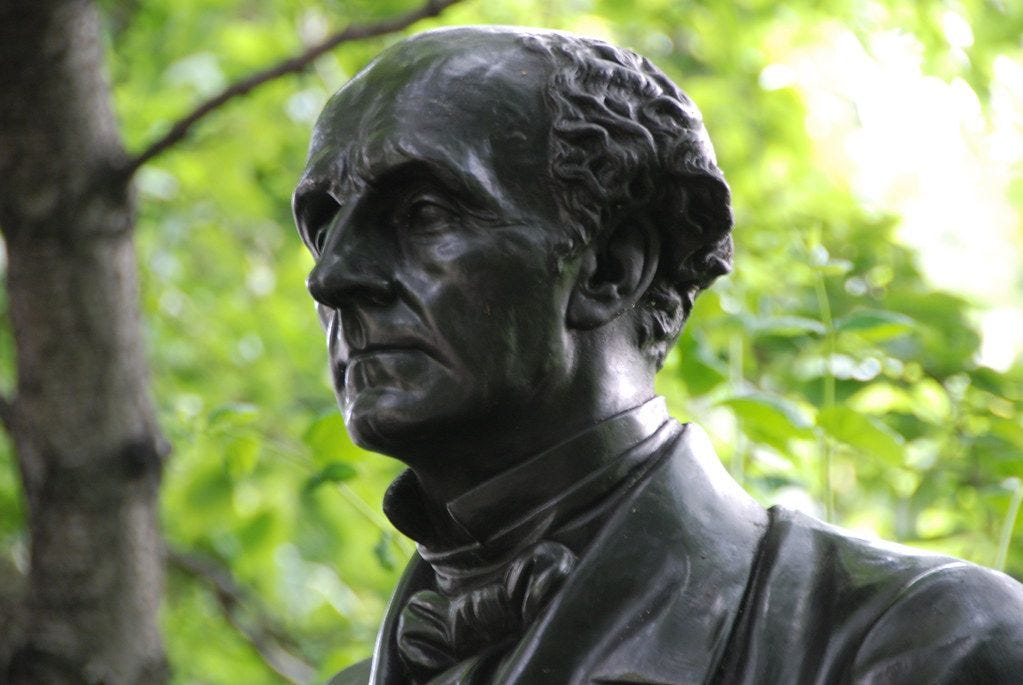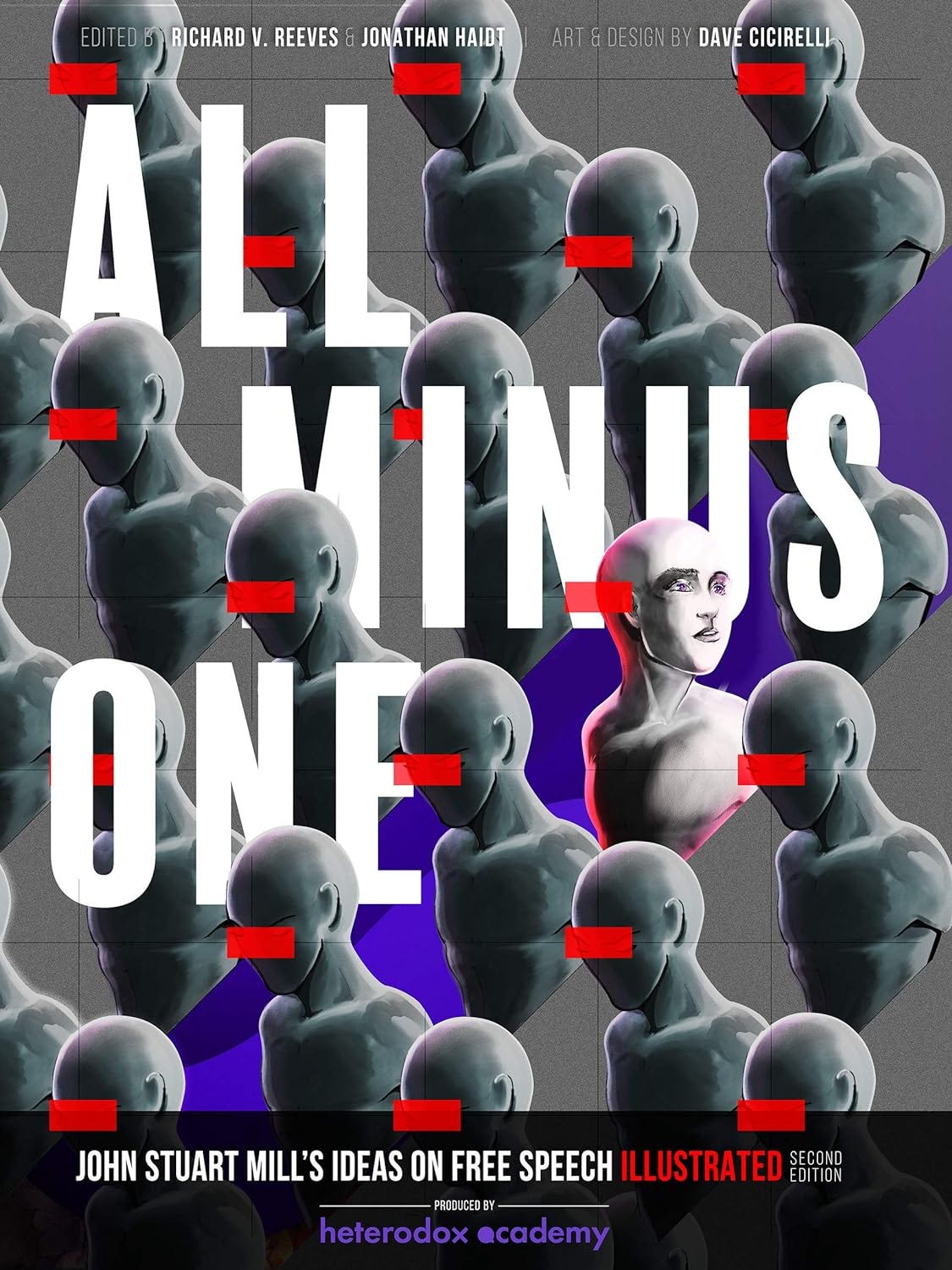Top 12 John Stuart Mill Quotes
Timeless insights from one of history's greatest minds
This is the latest in my quotes collection series. Check out the full collection here.
John Stuart Mill was one of the great thinkers in the history of our species. Pushed relentlessly by a father determined to make him a genius, Mill was learning Greek by age three and reading Plato’s Dialogues in the original language by age eight. In his twenties, he suffered a mental-health crisis, perhaps precipitated by the immense pressure placed on him by his father. He came through it, though, and went on to make seminal contributions to various areas of philosophy. Most notably, he was a staunch advocate of utilitarianism, one of the earliest feminist thinkers, and a liberal in the classical sense: a champion of free speech and the protection of the individual against coercion from society and government. Here’s a sample of some of Mill’s best quotes to give you the flavor of his thinking.
“Actions are right in proportion as they tend to promote happiness, wrong as they tend to produce the reverse of happiness.”
“The utilitarian doctrine is, that happiness is desirable, and the only thing desirable, as an end; all other things being only desirable as means to that end.”
“The only freedom which deserves the name is that of pursuing our own good in our own way, so long as we do not attempt to deprive others of theirs, or impede their efforts to obtain it.”
“The only purpose for which power can be rightfully exercised over any member of a civilized community, against his will, is to prevent harm to others. His own good, either physical or moral, is not a sufficient warrant.”
“If all mankind minus one were of one opinion, and only one person were of the contrary opinion, mankind would be no more justified in silencing that one person, than he, if he had the power, would be justified in silencing mankind.”
“The peculiar evil of silencing the expression of an opinion is, that it is robbing the human race; posterity as well as the existing generation; those who dissent from the opinion, still more than those who hold it. If the opinion is right, they are deprived of the opportunity of exchanging error for truth: if wrong, they lose, what is almost as great a benefit, the clearer perception and livelier impression of truth, produced by its collision with error.”
“[T]he opinion which it is attempted to suppress by authority may possibly be true. Those who desire to suppress it, of course deny its truth; but they are not infallible. They have no authority to decide the question for all mankind, and exclude every other person from the means of judging. To refuse a hearing to an opinion, because they are sure that it is false, is to assume that their certainty is the same thing as absolute certainty. All silencing of discussion is an assumption of infallibility.”
“He who knows only his own side of the case knows little of that. His reasons may be good, and no one may have been able to refute them. But if he is equally unable to refute the reasons on the opposite side, if he does not so much as know what they are, he has no ground for preferring either opinion.”
“If even the Newtonian philosophy were not permitted to be questioned, mankind could not feel as complete assurance of its truth as they now do. The beliefs which we have most warrant for, have no safeguard to rest on, but a standing invitation to the whole world to prove them unfounded.”
“A party of order or stability, and a party of progress or reform, are both necessary elements of a healthy state of political life.”
“I have observed that not the man who hopes when others despair, but the man who despairs when others hope, is admired by a large class of persons as a sage.”
“In early times, the great majority of the male sex were slaves, as well as the whole of the female. And many ages elapsed, some of them ages of high cultivation, before any thinker was bold enough to question the rightfulness, and the absolute social necessity, either of the one slavery or of the other.”
Bonus Mill Content: You can download Jonathan Haidt and Richard V Reeves’ book All Minus One here for free. It’s an illustrated guide to Mill’s ideas about the importance of freedom of speech.



